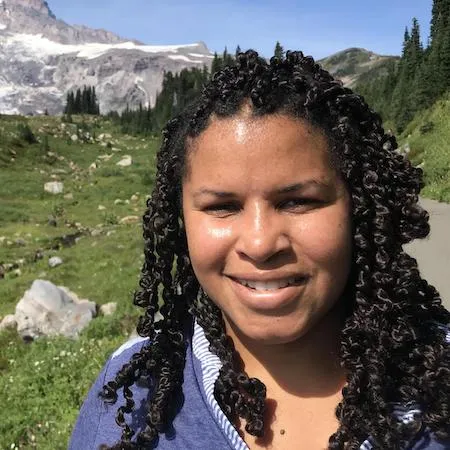Collaborating with Communities to Address Risks to Gardeners
While acting as sources of food and income along with many other environmental benefits for communities that have been marginalized, urban community gardens also often contain contaminated soils (and sometimes plants). Risks to gardeners are not adequately addressed due to inadequate, unclear, and inconsistent guidelines for risk. In the rare instances where contamination is addressed, top-down models are frequently employed and the community is informed about acceptable levels of risk, expected to conform to the scientist’s recommendations, and change behavior. This communication strategy has limited success because it excludes those most affected and fundamentally does not aim to increase environmental education or involve the community in the decisions about their risk. For example, although gardeners know how they interact with soils in gardens, have knowledge about specific practices at the sites, and have concerns about specific ways they can be exposed to contaminants, none of these factors are taken into account. Further, risk models include value judgements by risk assessors, and people are told what risk they experience rather than being listened to about the risks they experience and perceive in gardens—a phenomenon common in sites where marginalized communities are exposed to contamination. This perpetuates environmental injustices in garden spaces, and risk to gardeners is insufficiently investigated when gardeners’ concerns are not addressed. This seminar will summarize methods used to address the barriers listed above, followed by more detailed recommendations of how community researchers can collaboratively work with communities and resist oppressive systems of risk.
Presenters

Melanie Malone
Dr. Melanie Malone's primary research interests include soil degradation, contamination, and spatial analysis. She is currently an Assistant Professor in the University of Washington, Bothell's School of Interdisciplinary Arts and Sciences. Prior to her academic career, she spent a number of years as a geologist cleaning up contamination at industrial sites and superfund sites in Portland, Oregon where she became familiar with a number of environmental policy and remediation issues that affect much of the United States. This experience spurred the foundations for much of her recent research...

Melanie Malone
Dr. Melanie Malone's primary research interests include soil degradation, contamination, and spatial analysis. She is currently an Assistant Professor in the University of Washington, Bothell's School of Interdisciplinary Arts and Sciences. Prior to her academic career, she spent a number of years as a geologist cleaning up contamination at industrial sites and superfund sites in Portland, Oregon where she became familiar with a number of environmental policy and remediation issues that affect much of the United States. This experience spurred the foundations for much of her recent research, which explores how the methods and technologies used to improve the environment result in complex social and environmental outcomes—some for the better, and others for the worse. For example, her most recent research investigated how agricultural conservation management programs funded by U.S. farm bill policies actually results in land degradation and increased herbicide use.
At the core of her research is the examination of how environmental problems arise from the combination of biophysical, institutional, political, and cultural dynamics. She fins the emerging field of critical physical geography (CPG) to be the most useful field for her type of research, and she has recently published a chapter with fellow scholars in The Palgrave Handbook of Critical Physical Geography. Read more.